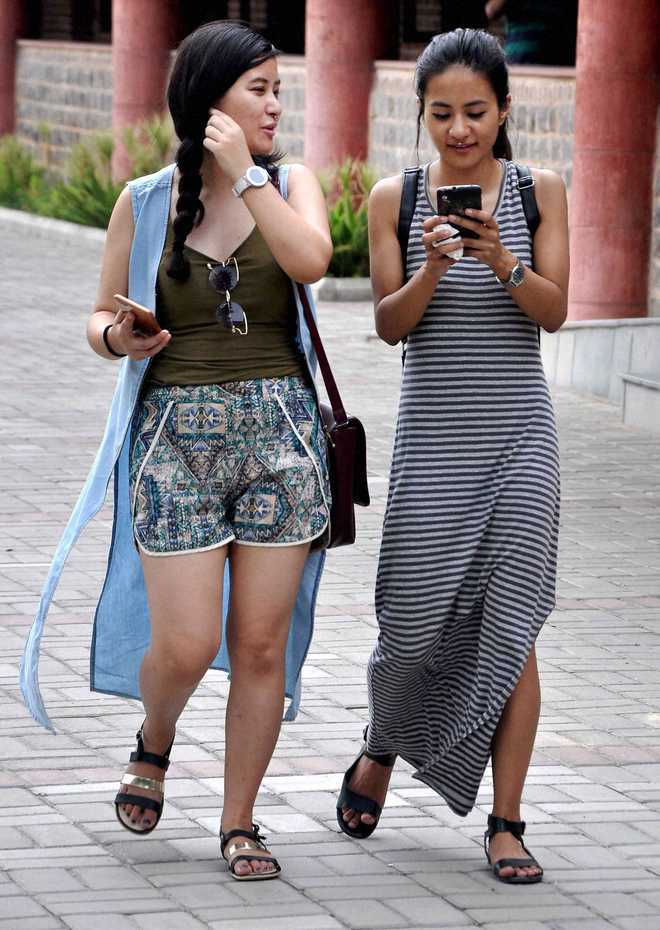
Photo for representation only.
Boston
Using photo-editing techniques is changing people's perceptions of beauty worldwide, which may affect a person's self-esteem and trigger body disorders, a study has found.
With the spread of applications like Snapchat and Facetune, the level of physical "perfection" previously seen only on celebrity or beauty magazines is now all over social media, said researchers from Boston Medical Center in the US.
Body dysmorphic disorder (BDD) is an excessive preoccupation with a perceived flaw in appearance, often characterised by people going to great - and at times unhealthy - lengths to hide their imperfections, according to the study published in JAMA Facial Plastic Surgery.
This can include engaging in repetitive behaviours like skin picking, and visiting dermatologists or plastic surgeons hoping to change their appearance.
The disorder affects around two per cent of the population, and is classified on the obsessive-compulsive spectrum.
The research shows teen girls who manipulated their photos were more concerned with their body appearance, and those with dysmorphic body image seek out social media as a means of validation.
Additional research has shown 55 per cent of plastic surgeons report seeing patients who want to improve their appearance in selfies.
"A new phenomenon called 'Snapchat dysmorphia' has popped up where patients are seeking out surgery to help them appear like the filtered versions of themselves," said Neelam Vashi from Boston University School of Medicine.
According to the researchers, surgery is not the best course of action in these cases, because it will not improve, and may worsen underlying BDD.
They recommend psychological interventions such as cognitive behavioral therapy and management of the disorder in an empathetic and non-judgmental way.
"Filtered selfies can make people lose touch with reality, creating the expectation that we are supposed to look perfectly primped all the time," said Vashi.
"This can be especially harmful for teens and those with BDD, and it is important for providers to understand the implications of social media on body image to better treat and counsel our patients," she said. PTI



























